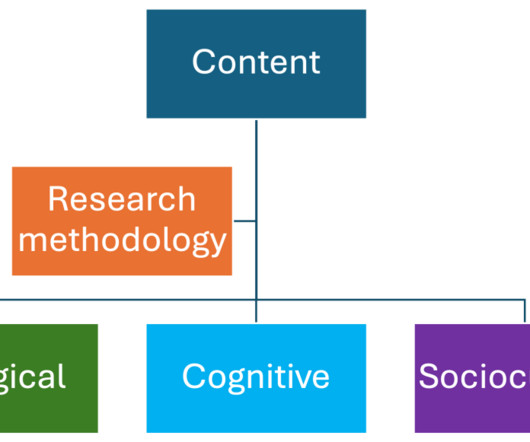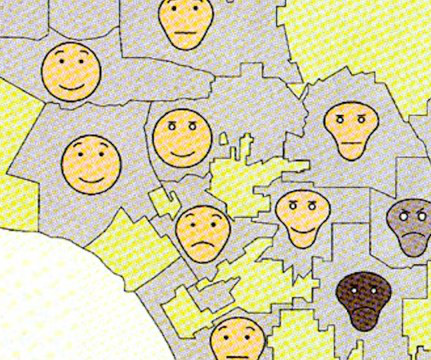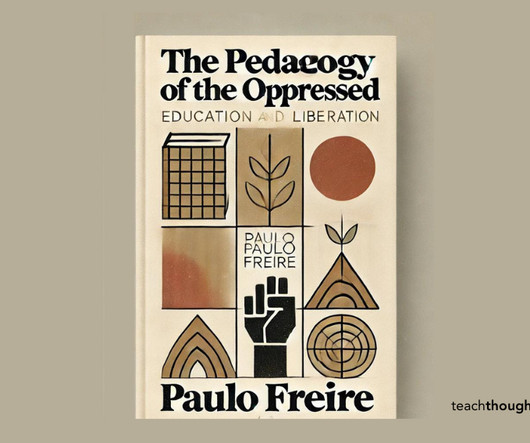What Problem Does Technology Help Schools Solve?
TeachThought
JULY 2, 2024
by Terrell Heick Will robots replace teachers? I was asked this in an interview a years ago for Futurism and tried to offer up some abstract nonsense whose lack of clarity represented my own thinking: “Will artificial intelligence replace teachers? Will the students themselves replace teachers through self-directed learning, social/digital communities, and adaptive technology?















Let's personalize your content